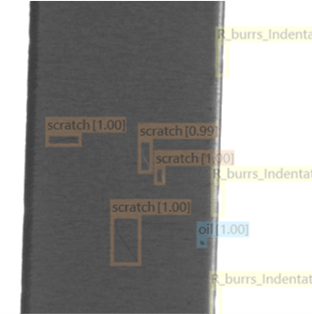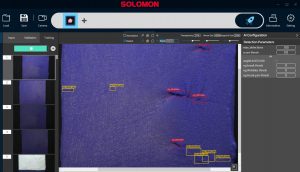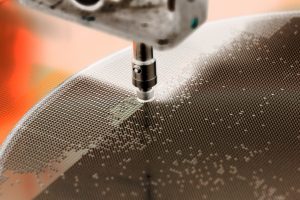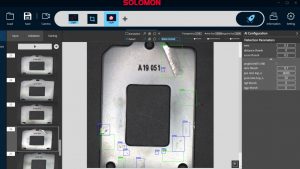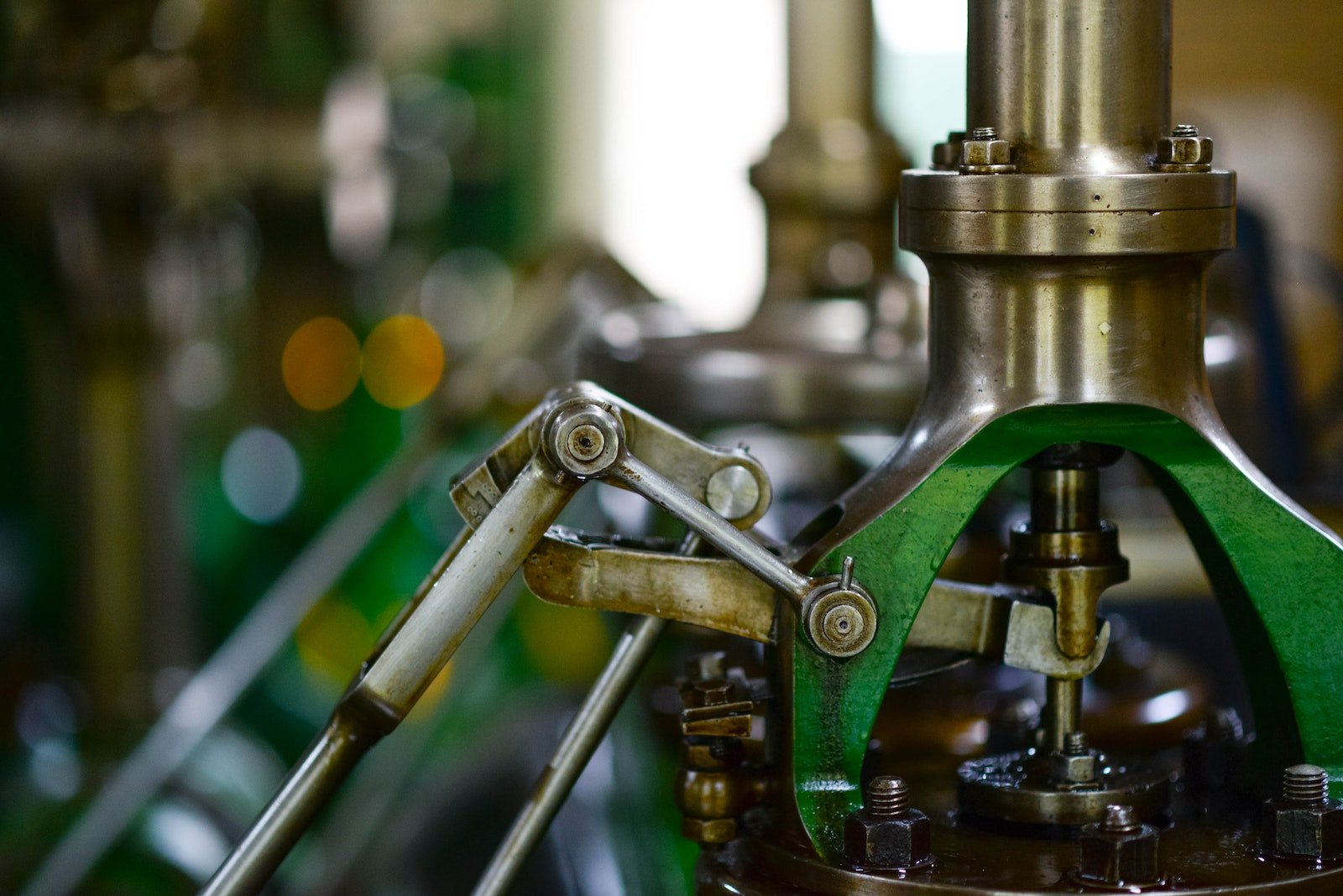
SolVisionCase Study
AI Inspection of Stamped Metal Parts
Classification and positioning of metal surface defects
Stamping process of electronic and mechanical products
Stamping is a metal processing method that relies on pressure tools and molds to deform or separate metal pieces to required shape and size. During stamping, the surface of the metal cannot be damaged so that it remains suitable for spray painting, electroplating and other processes. However, the production environment and random factors can create minor imperfections on stamped parts such as corner burrs, dirt, water stains, indentation, and scratches that need to be detected immediately to facilitate subsequent processes.
Quality control and obscure defects
There are many types of defects that may appear differently each time on the stamped parts, in particular oil or water stains, which are not easily detected. Brightness levels during image acquisition can also vary, which makes implementing traditional inspection systems challenging.
AI enabled defect detection with SolVision
Using SolVision’s Segmentation tool, an AI model can be trained using images of different defects in varying brightness to develop an inspection system that can easily detect defects on stamped metal parts, and improve the surface quality before further processing.
AI Inspection
Defect classification
Blue Oil stains, water stains
Green White defects
Orange Scratches
Yellow Burrs and dents
Original
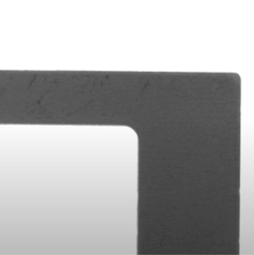
Result
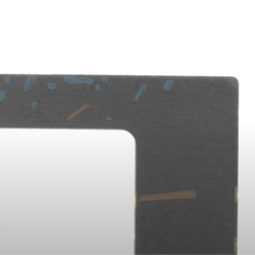
Result
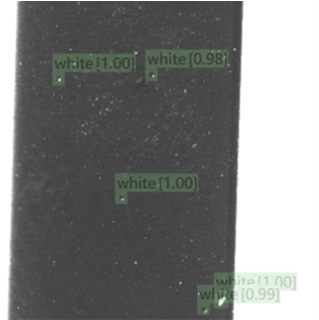
Result
